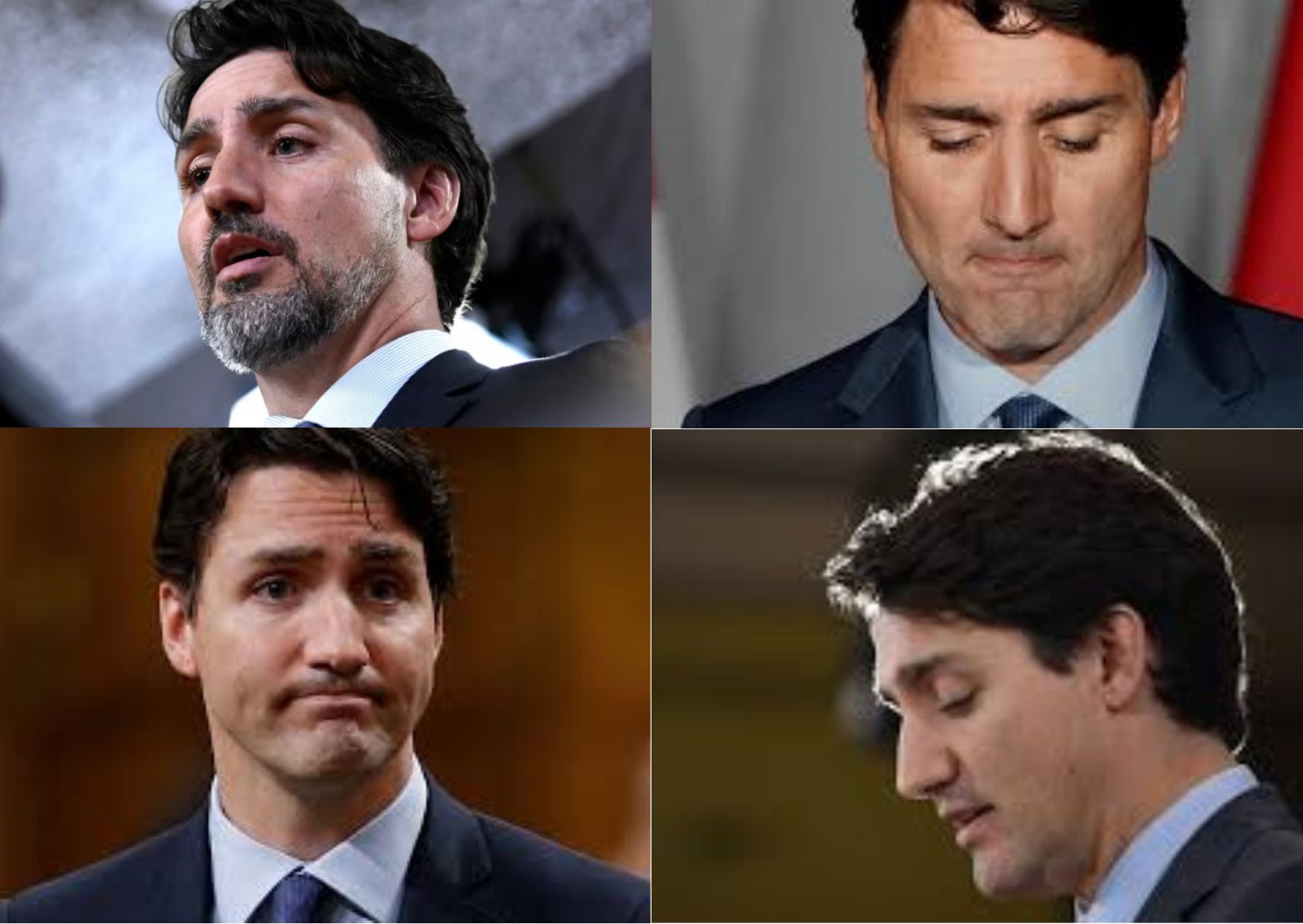Justin Trudeau is leading the Liberal Party into a downward spiral, and that can’t be ignored.
Amidst the Liberal Party’s recent losses in the Montreal and Winnipeg byelections, the New Democratic Party’s (NDP) termination of the supply-and-confidence agreement (SACA) and overall dissatisfaction with Parliament’s current leaders among both voters and other members of Parliament, a vision of what is to come for Trudeau’s electoral future is not promising for the Liberals.
On Sept. 16, voters in Montreal’s LaSalle—Émard—Verdun and Winnipeg’s Elmwood—Transcona electoral districts set out for the polls to vote in new MPs, filling the seats left by the resignation of the Liberal Party’s David Lametti and NDP’s Daniel Blaikie from federal politics.
The byelections brought losses for the Liberals in both districts. The NDP was able to hold their seat in Winnipeg’s Elmwood—Transcona by-election with Leila Dance winning 48.1 per cent of voter support, beating the Conservative party’s Colin Reynolds by just 4.1 per cent.
The Liberal Party’s Ian MacIntyre only received 4.8 per cent of total votes in Winnipeg’s by-election, placing third in the polls. This result did not come as a surprise, since the Liberals have not surpassed a third-place ranking in the Elmwood—Transcona district since 1997.
Montreal’s byelection was an especially crushing loss for Liberals as they were unable to keep their long-held seat. Bloc Québécois candidate Louis-Philippe Sauvé won the byelection with 28 per cent of voter support, shyly passing Liberal candidate Laura Palestini by 0.8 per cent.
Montreal’s byelection was the second major electoral loss for Liberals in the past few months since the Conservative Party won the Toronto—St. Paul’s byelection in June, taking the seat that had been in the Liberal Party’s possession for over 30 years.
The byelection results make clear that Trudeau’s unproductive time in office is catching up to the Liberal Party with voters hastily making efforts to elect new representatives for their districts.
It isn’t just voters who are losing faith in Trudeau. Days before the byelections, NDP leader Jagmeet Singh announced that his party was pulling out of the SACA, a deal binding the NDP to the Liberals on matters of guaranteed support in exchange for policy concessions, which was supposed to continue until June 2025. Since the Liberals have a minority of the seats in Parliament, the deal ensured that the NDP would provide them with enough votes to create a majority.
Singh cited Trudeau’s commitment to “corporate greed” over advocating for Canadians as a major reason for his termination of the deal.
“The Liberals have let people down. They don’t deserve another chance from Canadians,” says Singh in his video on X announcing the end of the SACA.
With the SACA coming to an end and a string of byelection losses trailing behind Trudeau, there has been a serious loss of confidence in the Liberal Party’s leader across the spectrum.
Liberal MP Alexandra Mendès told Radio-Canada that “dozens” of her constituents want to see Trudeau step down from leadership in advance of next year’s election.
Mendès says that her constituents agree that the Liberal Party itself isn’t the reason for the tumultuous losses they have endured, “it’s really the leadership of the Prime Minister.”
America’s current president, Joe Biden, could be an instructive case to study for Trudeau’s next move as controversy struck after Biden revealed his 2024 election campaign earlier this year.
After many voters expressed concerns about Biden’s ability to lead the country, especially because of his age, the Democratic Party’s chances at success in the November election became increasingly slimmer.
When voters pushed back against Biden’s attempts to assert his re-election campaign, he ultimately decided to drop out of the presidential race, endorsing his Vice President Kamala Harris to lead the Democratic Party in the upcoming election.
This decision favoured the Democrats, as 87 per cent of Americans supported Biden’s choice to step down and 35 per cent of Americans say that they are more willing to vote because of Biden’s decision, according to a PBS News poll.
Listening to voters is the most self-serving thing to do as a struggling politician and Canadian voters are using the by-election polls to tell the Liberal Party they need a change, a widely held sentiment among political experts as well.
Trudeau submits to corporate interests, makes ill-fitting decisions for Canadian citizens and importantly he has demonstrated a lack of progress in his time leading the country.
With this track record voters are now instinctively angry with Trudeau. The by-election results show that Trudeau’s leadership is staining the reputation of the Liberal Party itself.
Despite Mendès’ understanding that her constituents are taking issue with Trudeau as Prime Minister rather than the entirety of the Liberal Party, this will not stop the party from suffering continued losses so long as Trudeau refrains from asserting that change will occur in his party.
If nothing changes for the Liberals, Trudeau will lead his party down a path of loss that ends with a slim chance of re-election. Trudeau’s inability to hold long-time Liberal seats in recent byelections foreshadows what’s in store for his party in the coming year. Change in some capacity will be pivotal for the Liberal Party to stay afloat.

